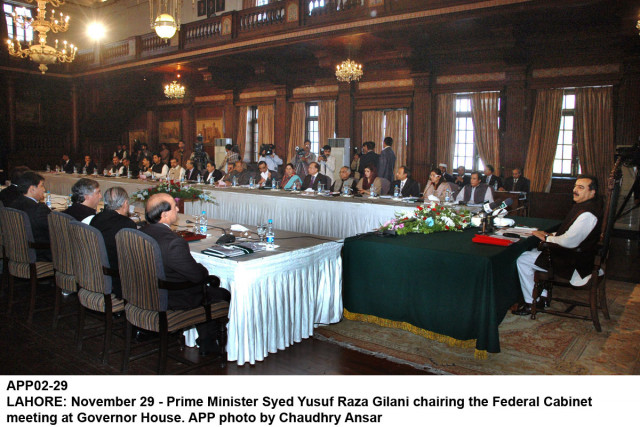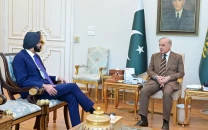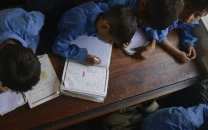Aftermath of NATO air strike
Both countries have to immediately cease threatening each other, handle frayed relationship in a more mature manner.

Given the callous US reaction, it comes as no surprise that the mood in Pakistan, both from the government and the public, has become increasingly threatening. The government has halted all Nato shipments from operating on Pakistani territory and ordered the US to vacate Shamsi airbase, which is reportedly used to launch drone attacks. It has also announced that it will boycott the upcoming Bonn Conference which it could have instead use to express its anger. Enraged citizens have also taken to the streets to protest the killings of the army personnel. As tempting as it would be to blame the anger on just this one incident, the reality is that the killings were merely the latest reason for outrage. Starting with the protests over the Kerry-Lugar Bill, moving on to the Raymond Davis saga and peaking with the May 2 Abbottabad raid, there just doesn’t seem to be much that the two countries agree on. Finally, the governments seem to have caught up with its citizens and realised that this is an alliance that exists only on paper.
In all the post-mortems that are written about the demise of the US-Pakistan relationship, there is sure to be a lot of mourning and anger. But it may just turn out to be a good thing that reality has intruded on the wishful thinking that defined the partnership. Just because both countries have come to the conclusion that their interests are not aligned, especially in Afghanistan, does not mean that they have to constantly be at each other’s throats. Rather, the two countries can continue to work together on those issues where common ground exists and, otherwise, go their separate ways. Such a path will be even more plausible once the US begins its drawdown from Afghanistan and, as it did in the 1990s, gradually lose a bit of interest in the region.
For Pakistan, of course, this means having to get by without being bankrolled by the US. No one was ever under the illusion that US aid to Pakistan was being given in a spirit of benevolence. Now that the two countries seem to be going on divergent paths, that aid may well dry up. If we want to be masters of our own destiny, we will have to find the financial means to do so. This implies that we need to pay our fair share of taxes, for if we did, we perhaps wouldn’t need to be so dependent on foreign aid. Should we decide that the US billions are too tempting to forgo, then we will have to accept that we cannot argue against taking military action vis-a-vis the Haqqani network and may even have to stew silently rather than vent publicly when our own soldiers are killed by US forces. What both countries will have to do immediately is cease threatening each other and handle their frayed relationship in a more mature manner.
Published in The Express Tribune, November 30th, 2011.



















COMMENTS
Comments are moderated and generally will be posted if they are on-topic and not abusive.
For more information, please see our Comments FAQ